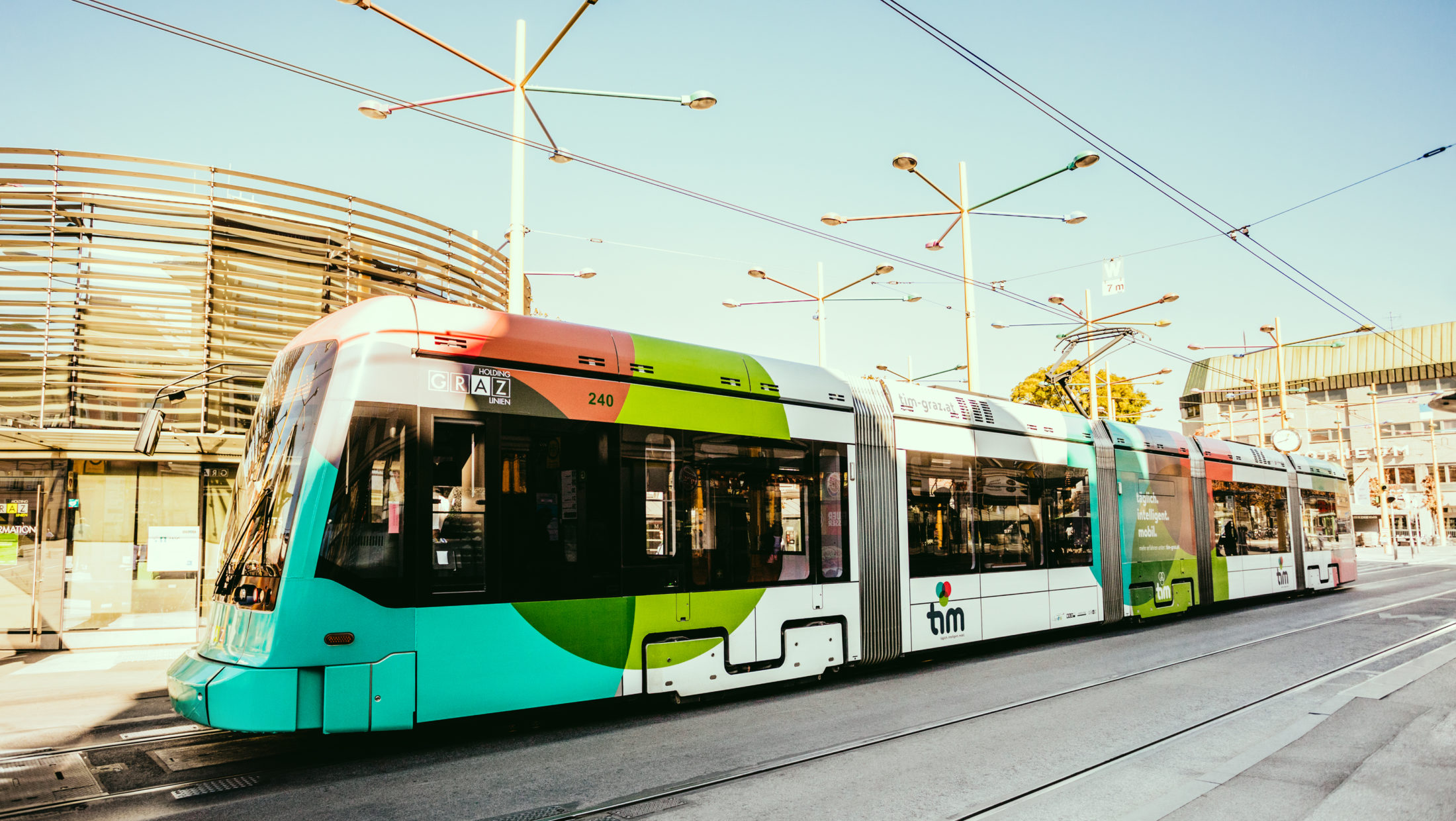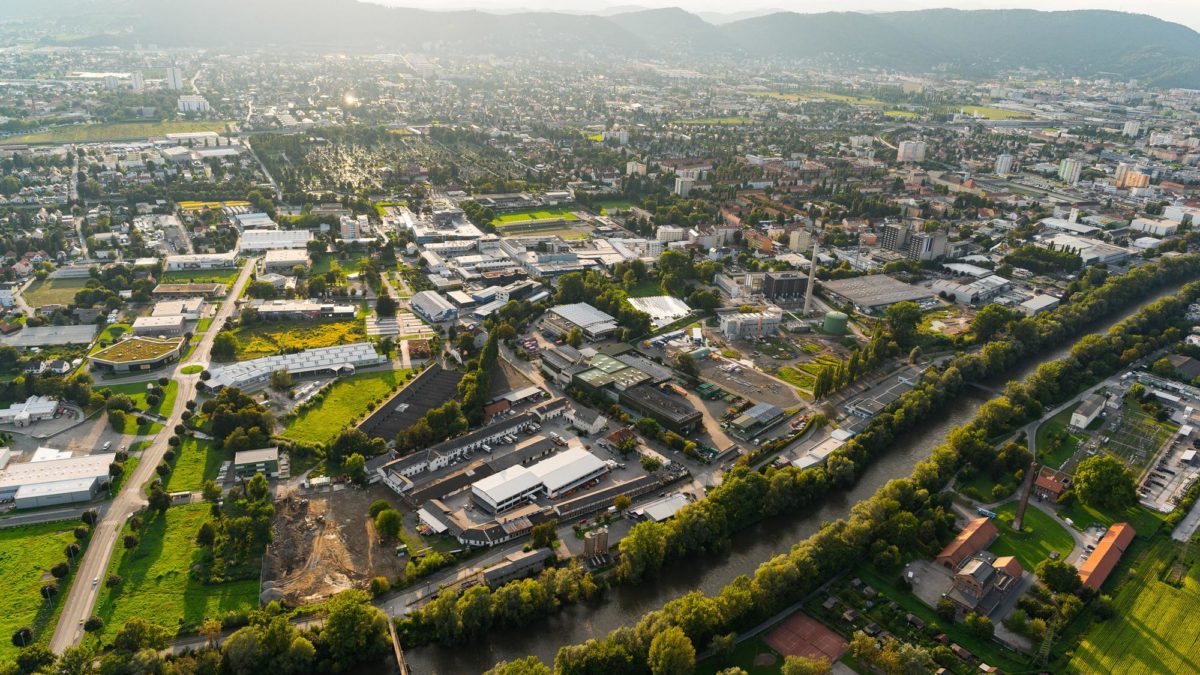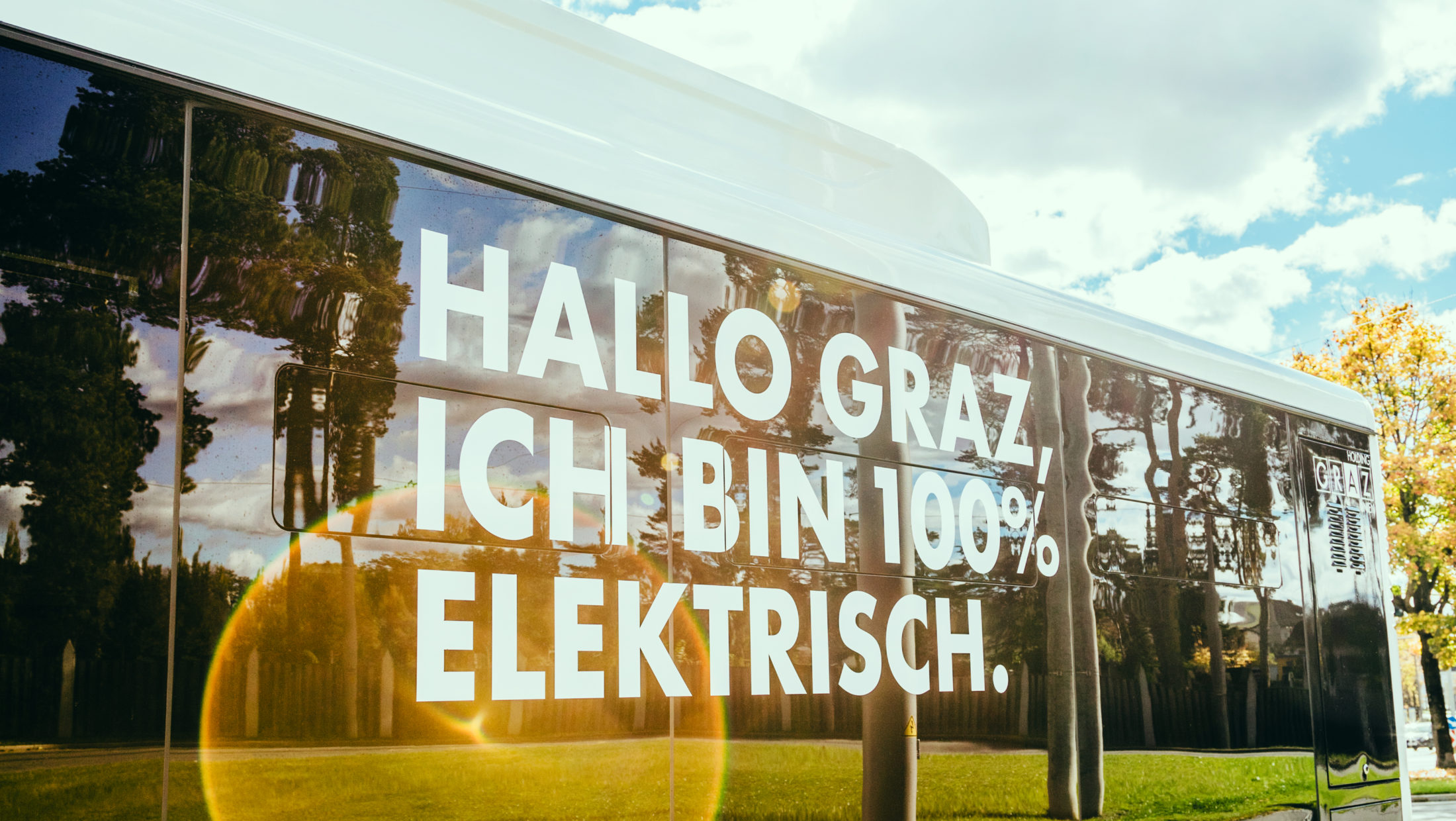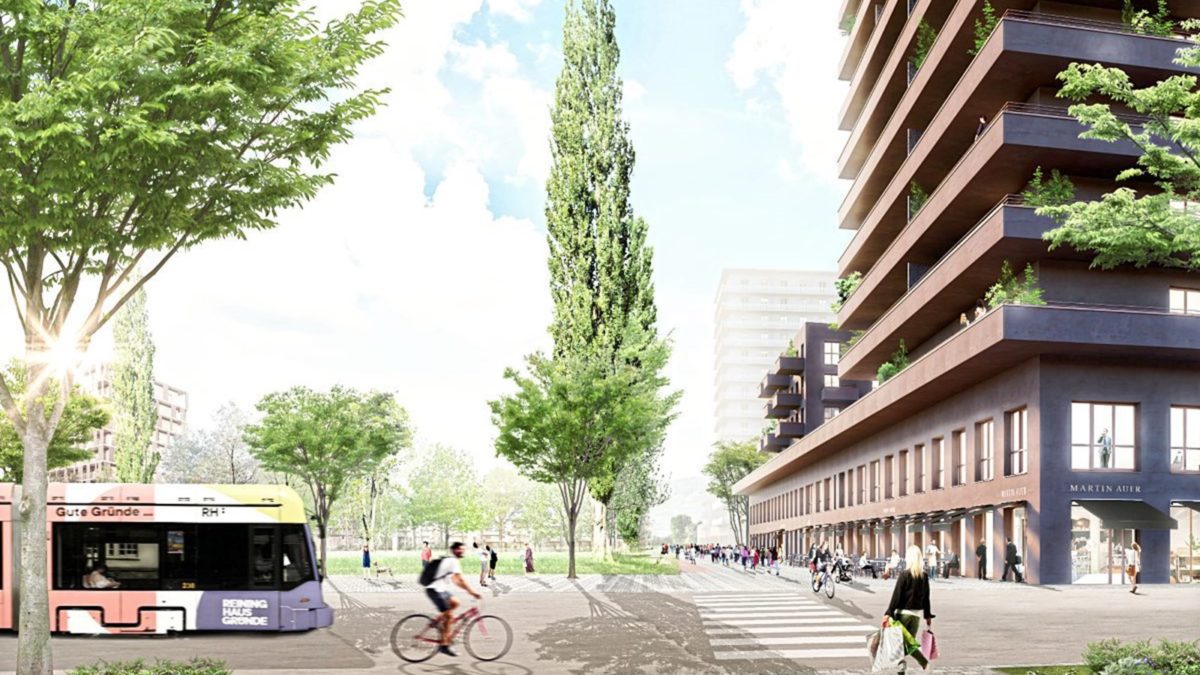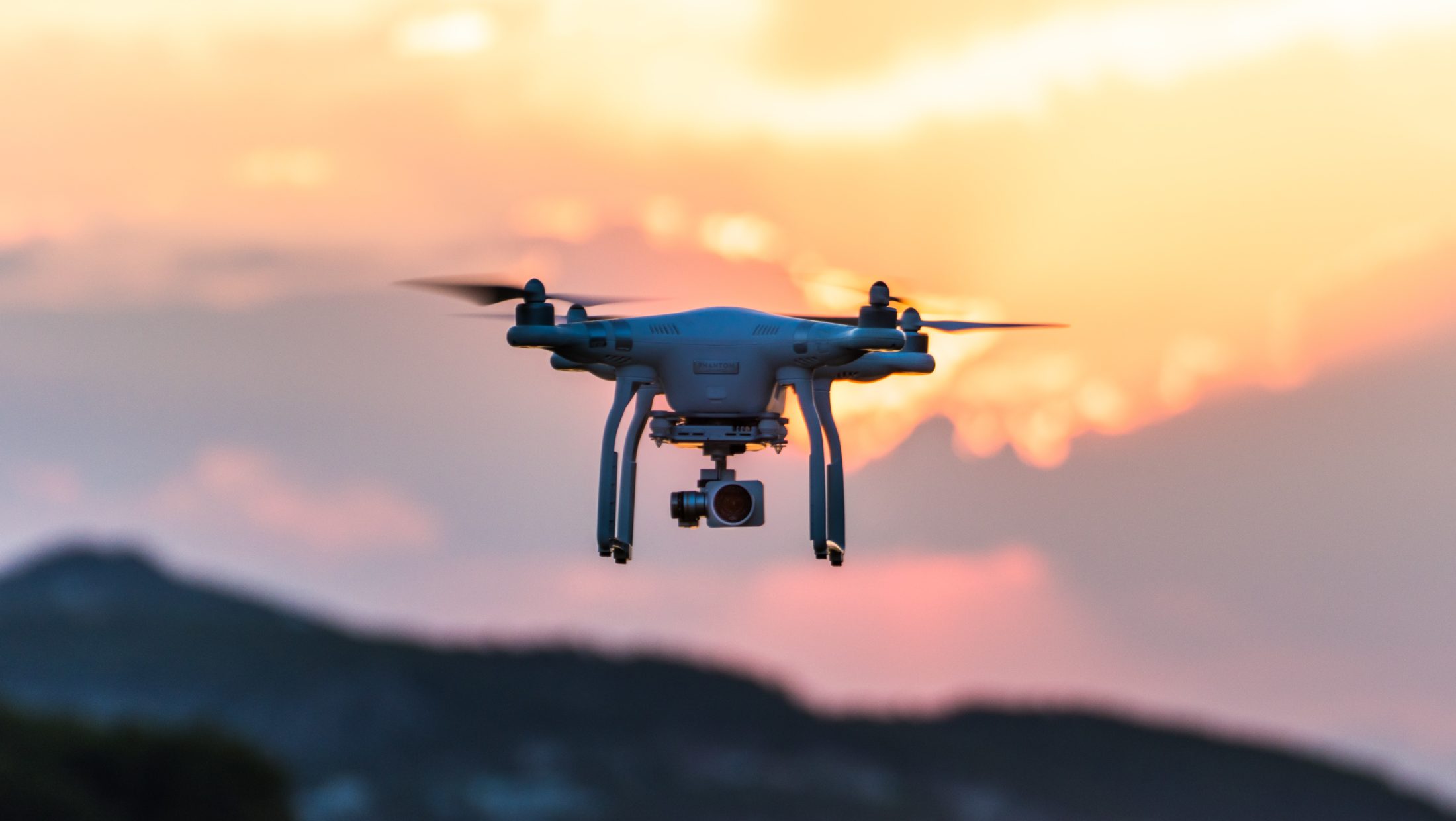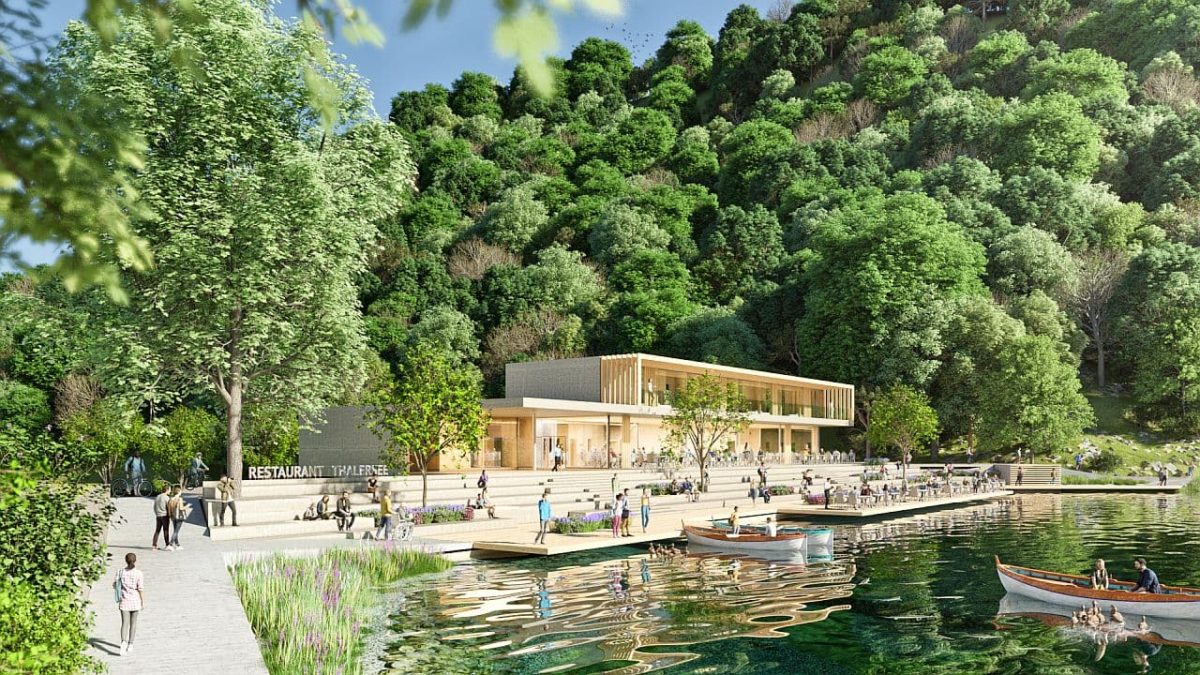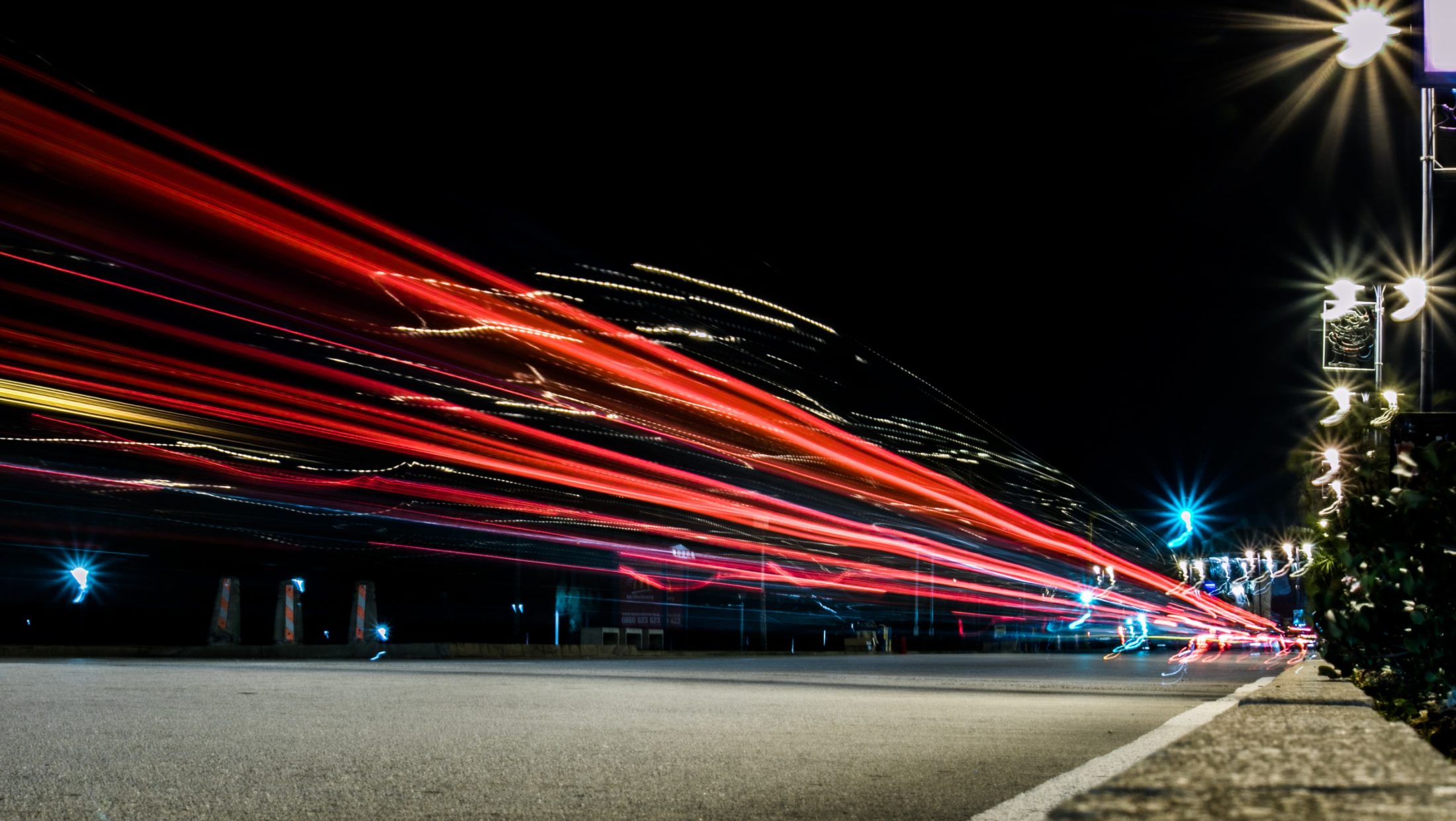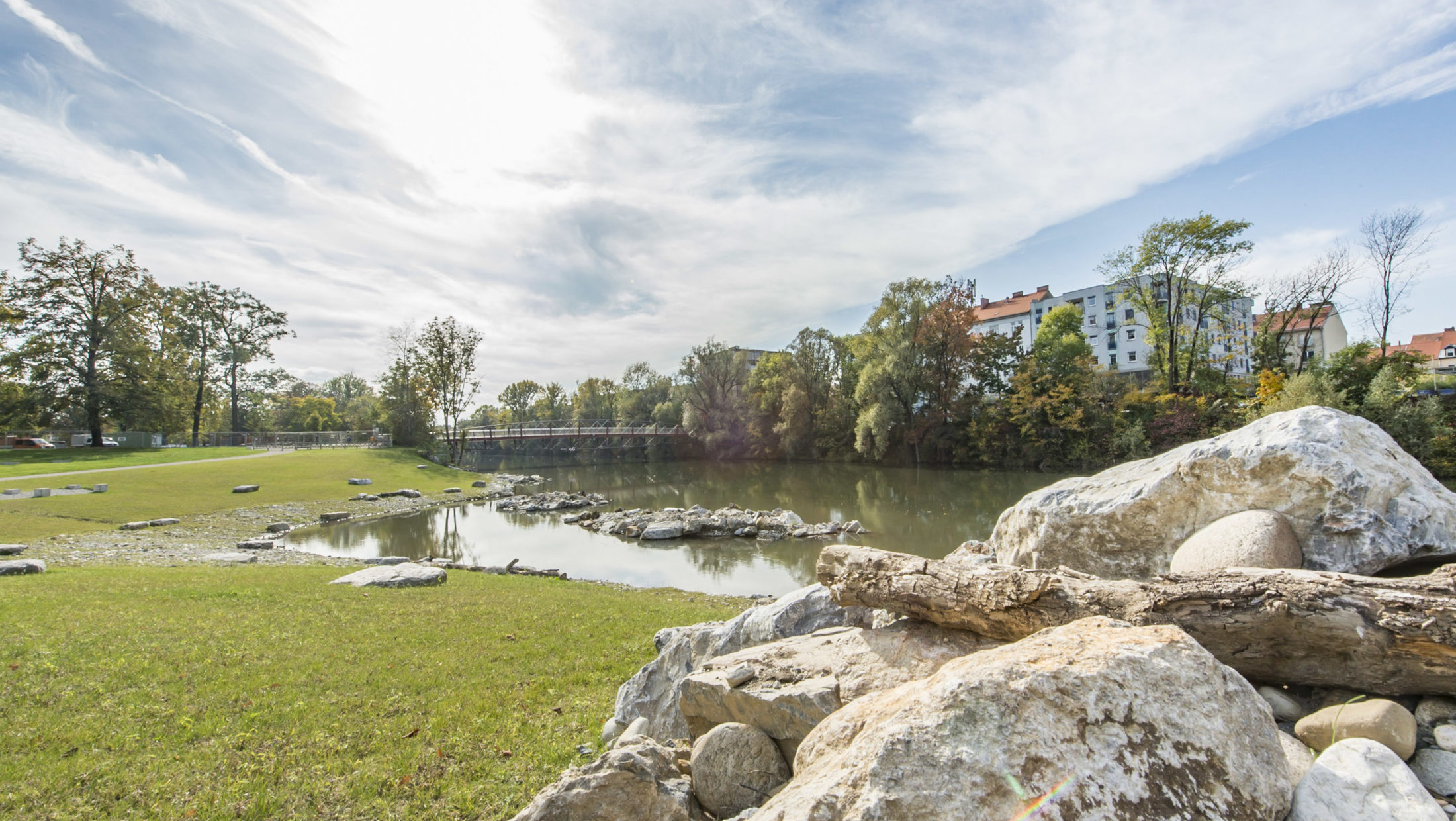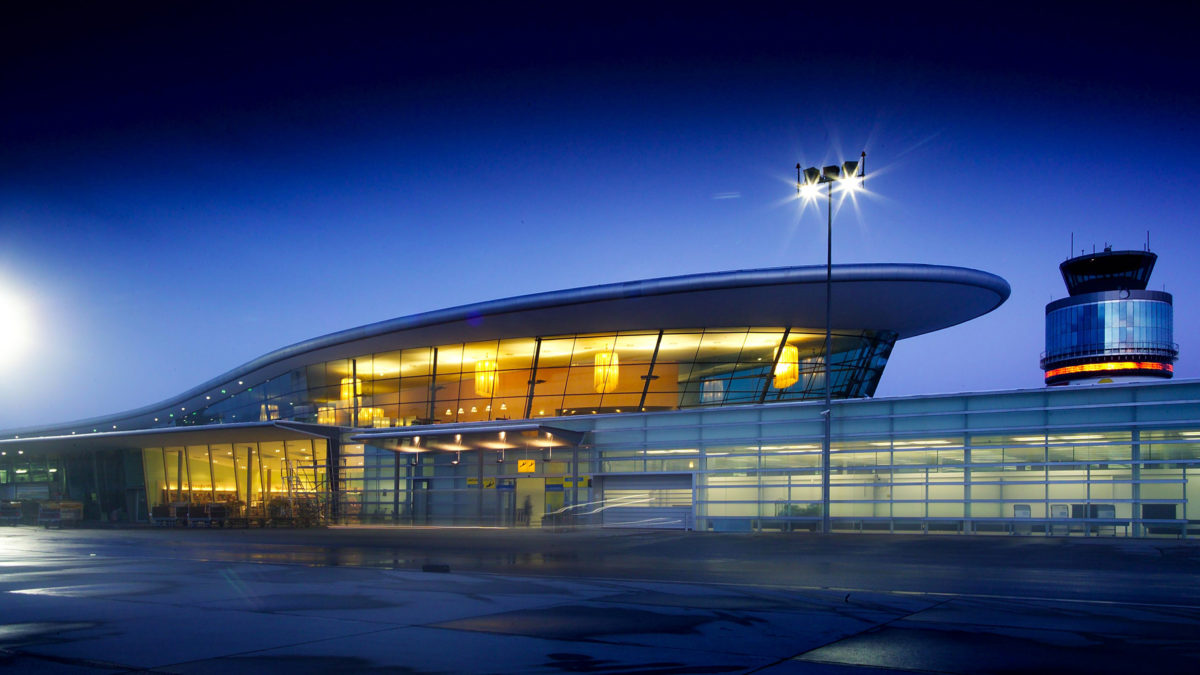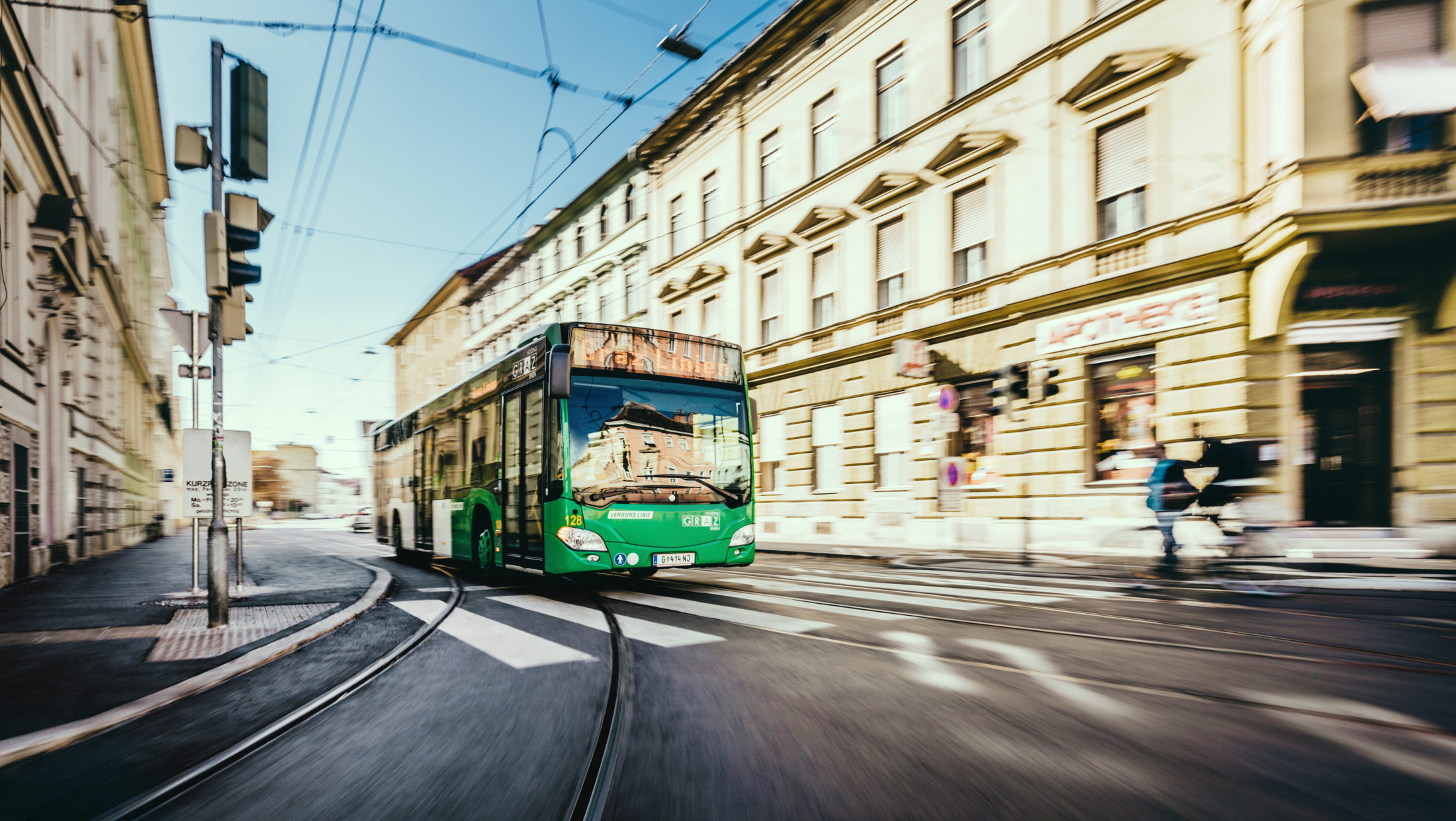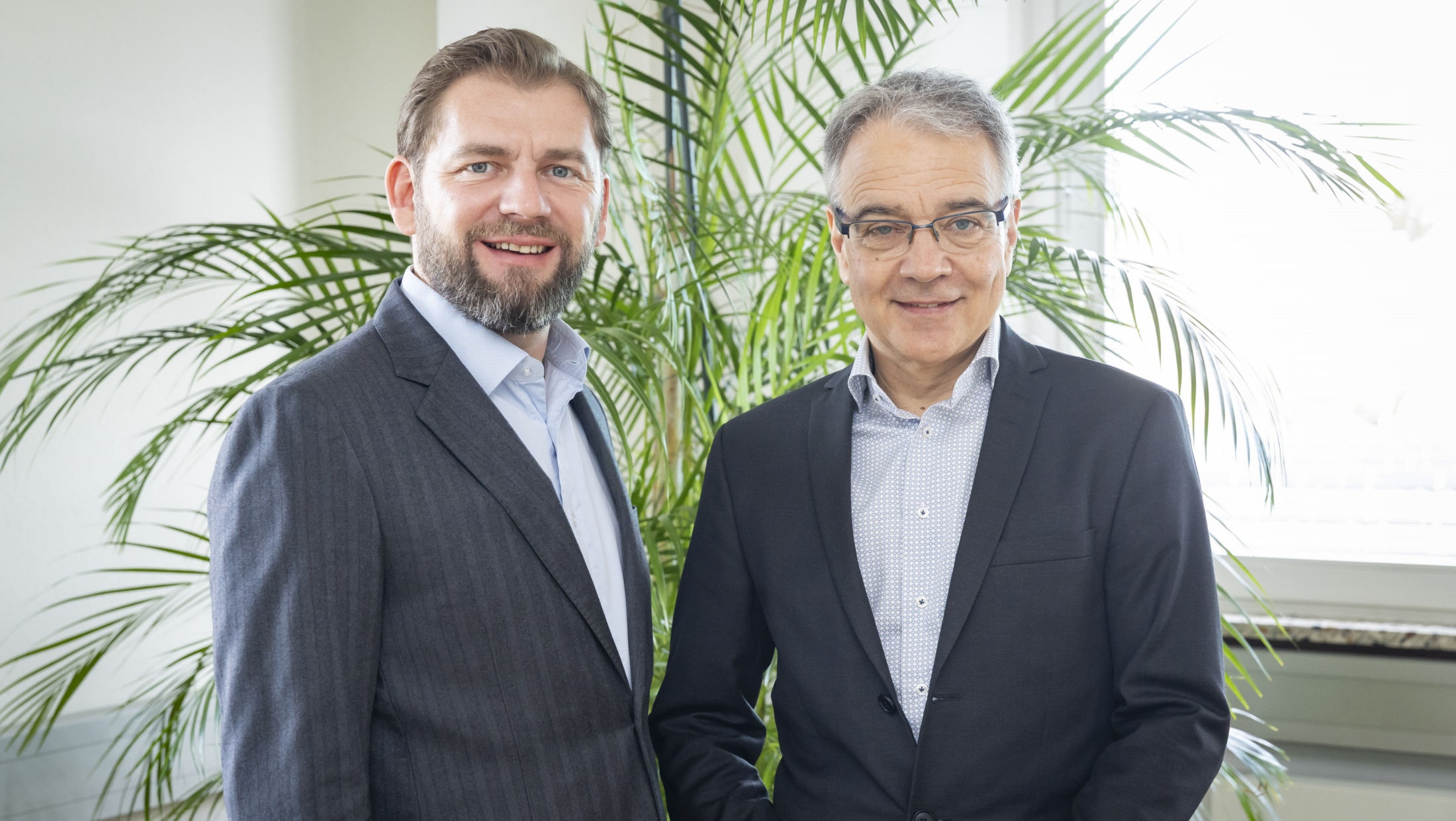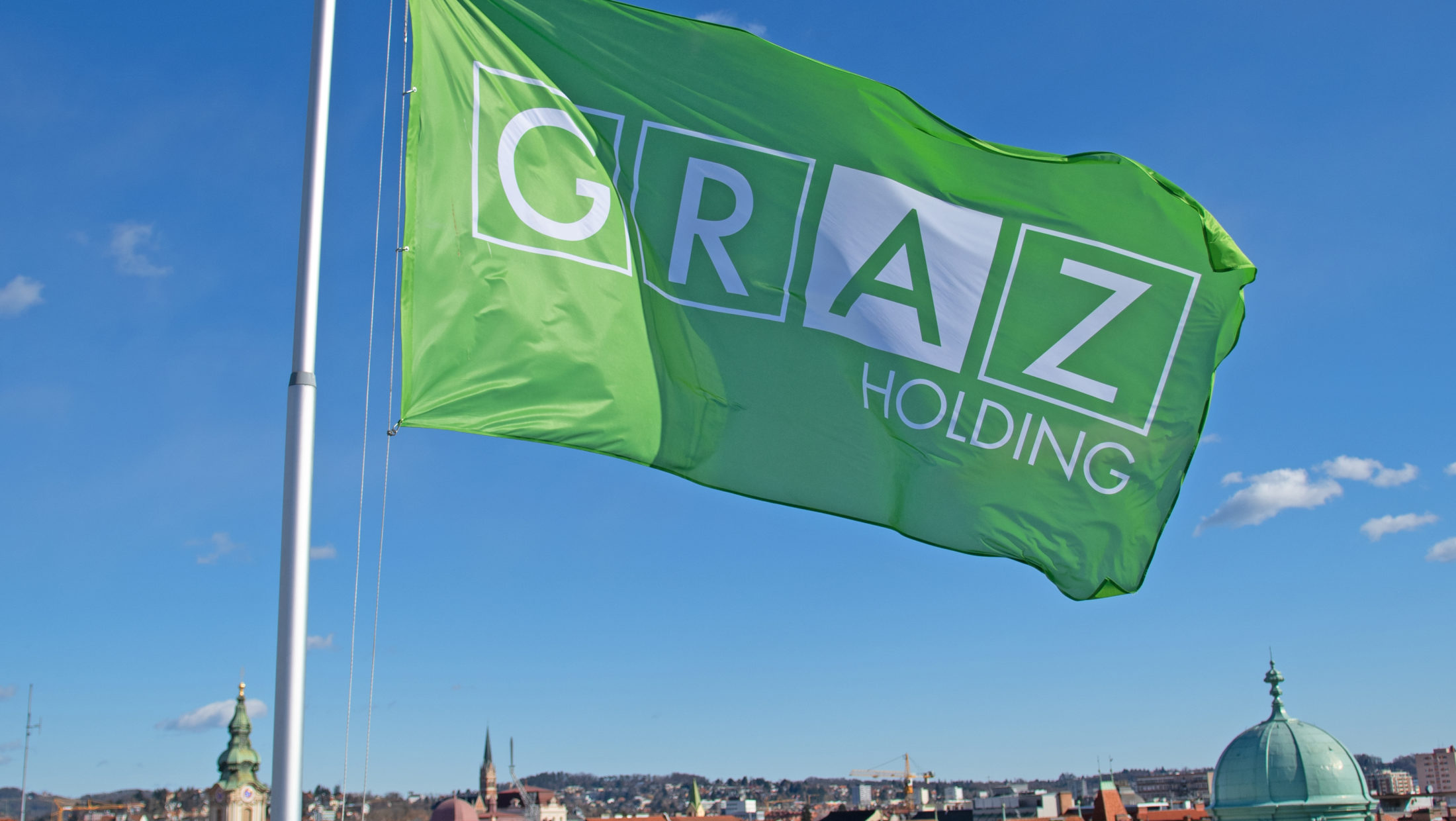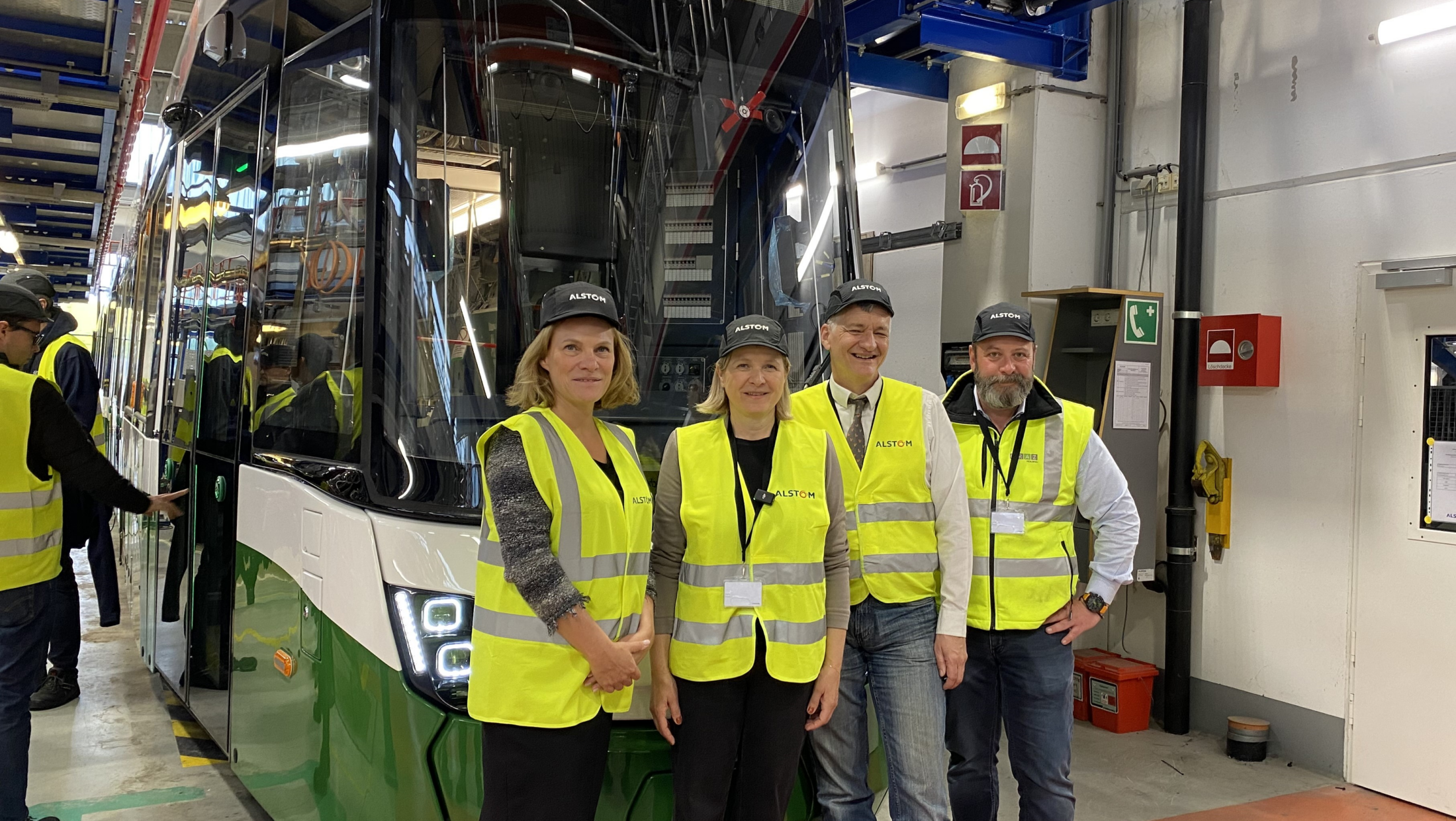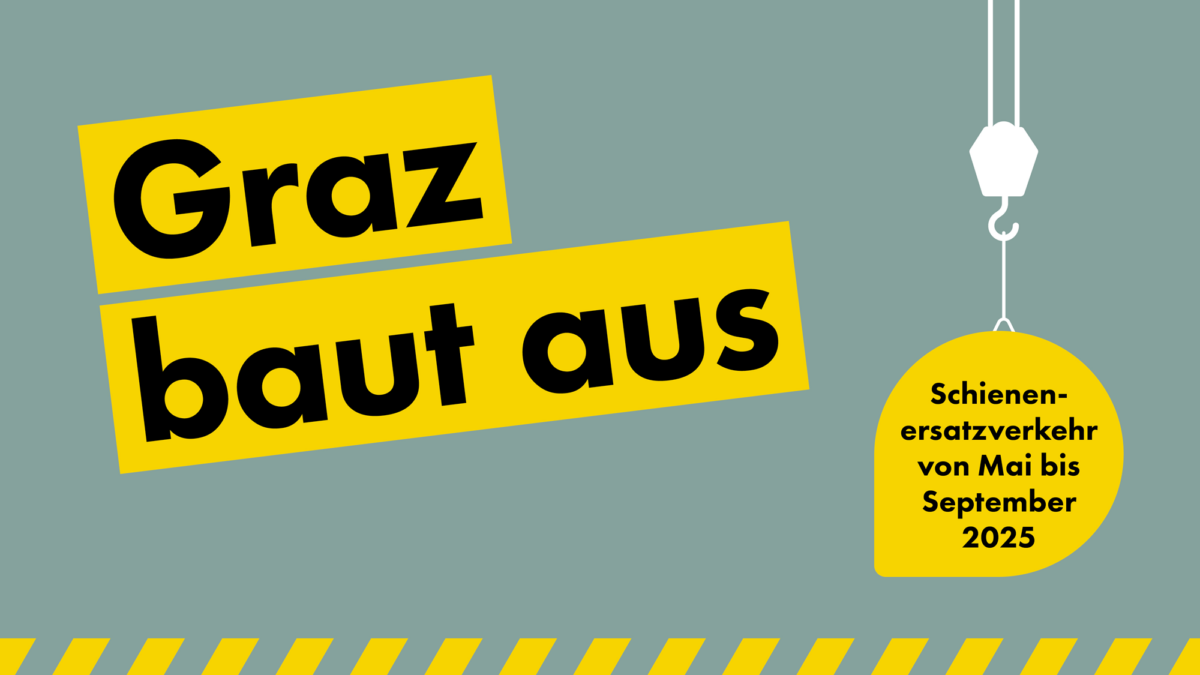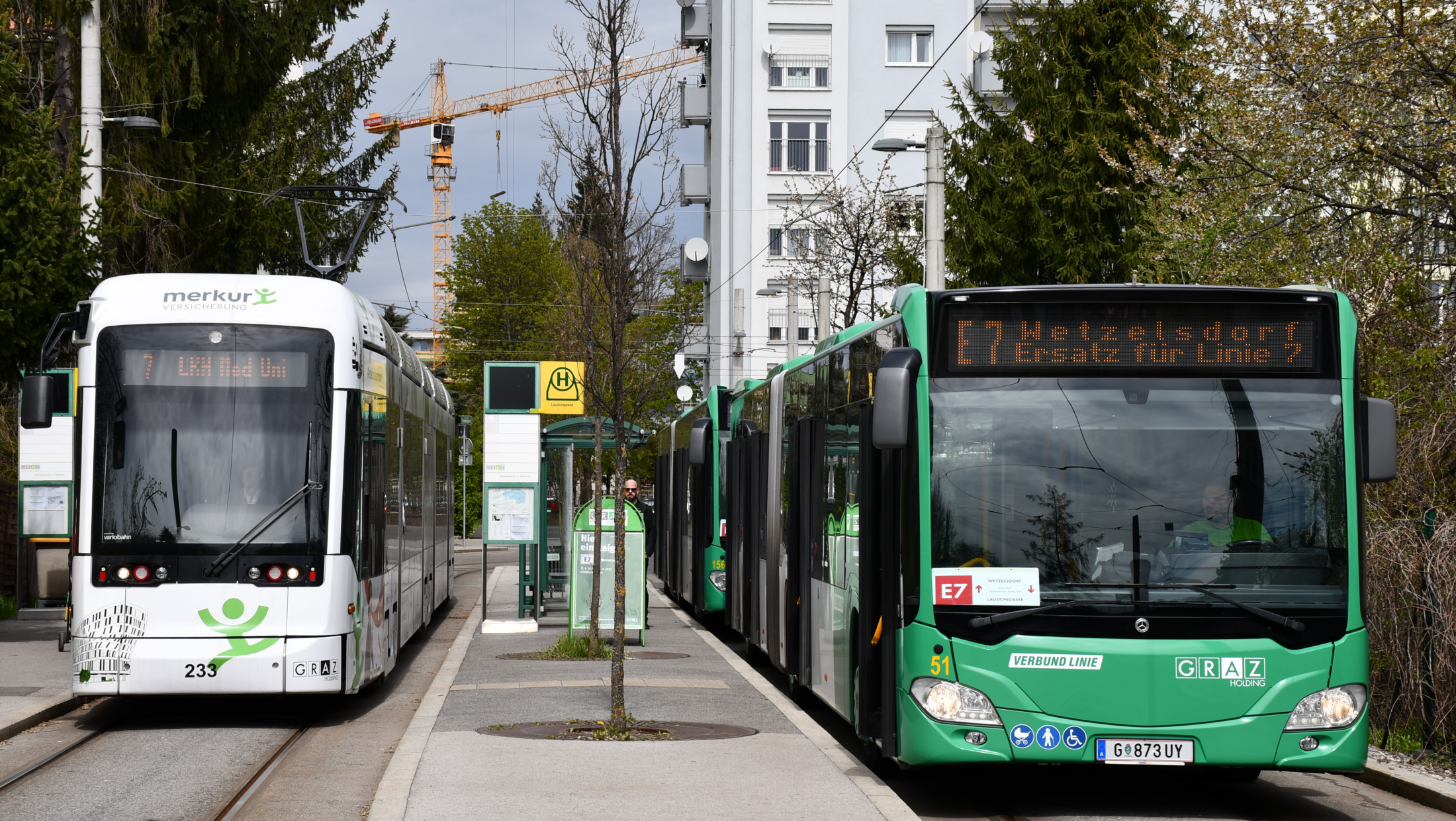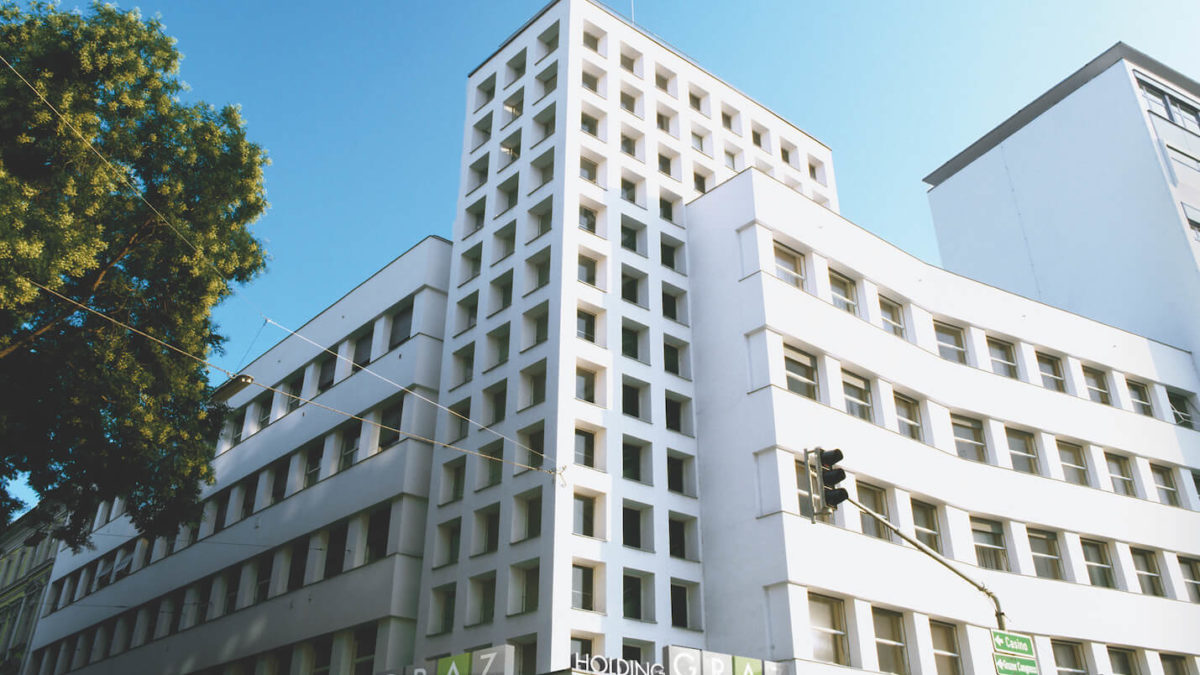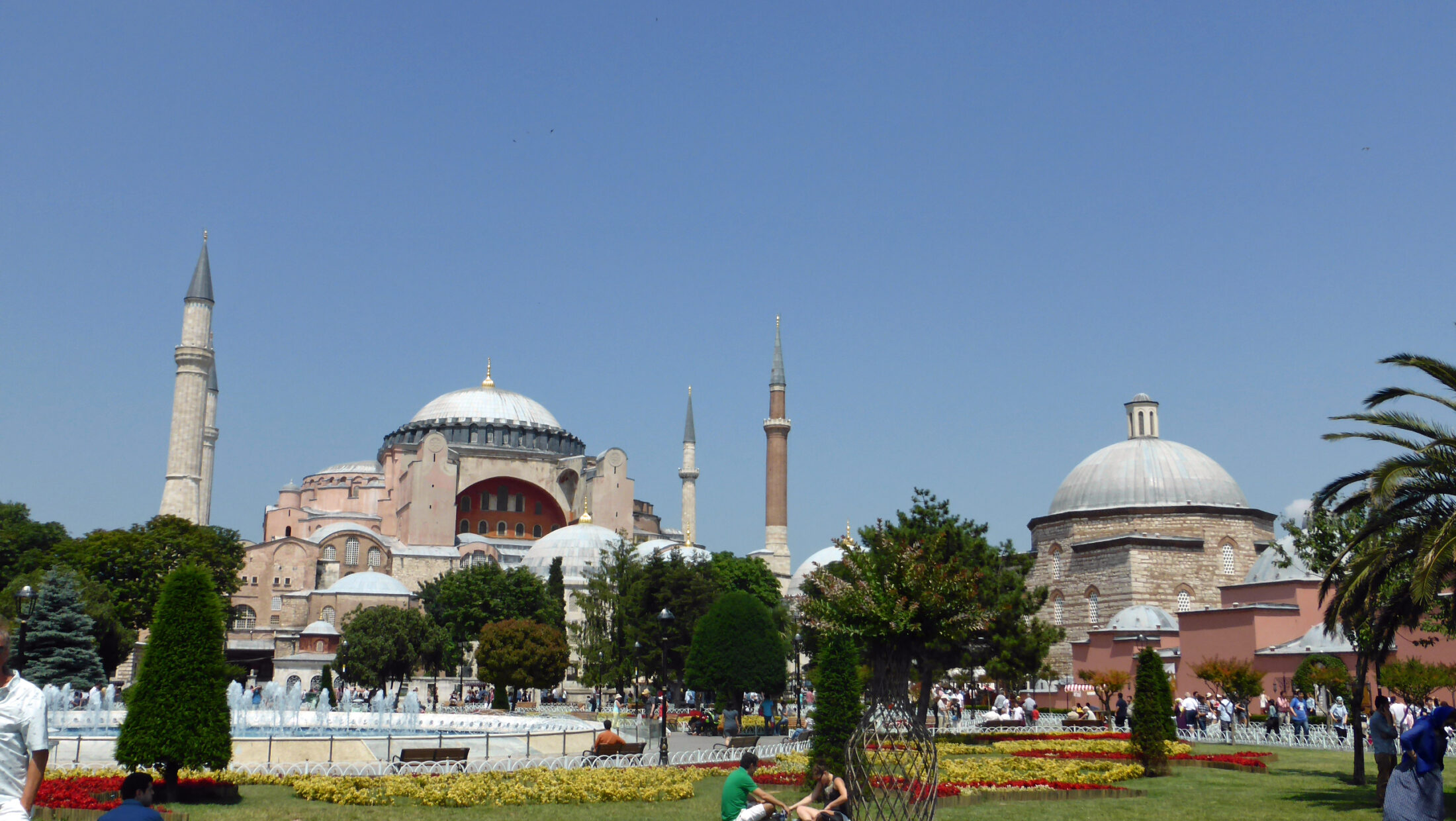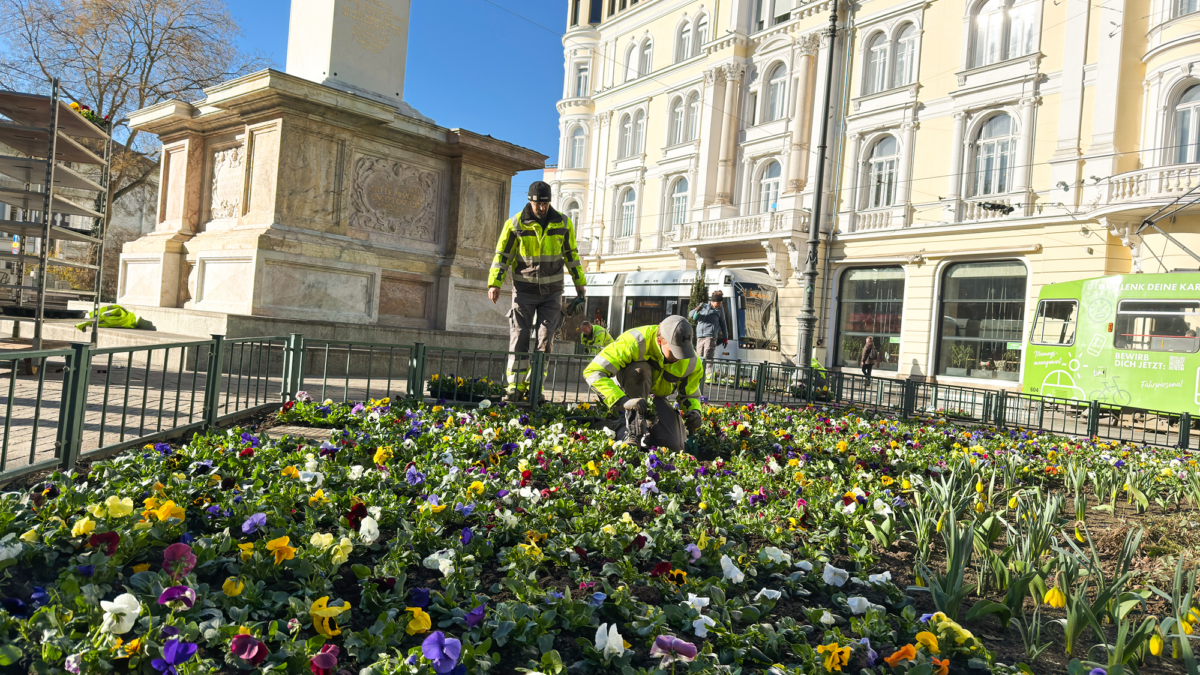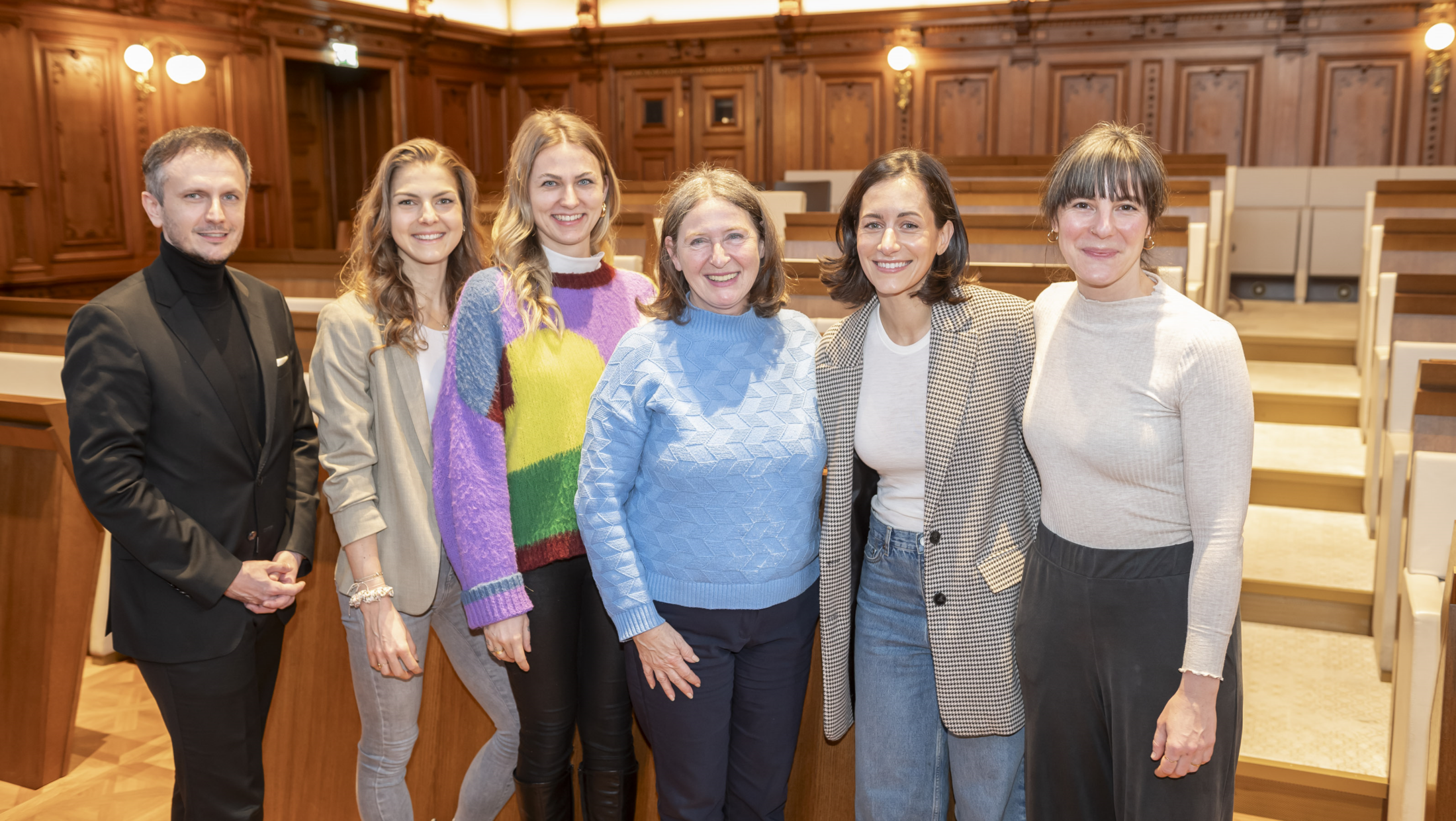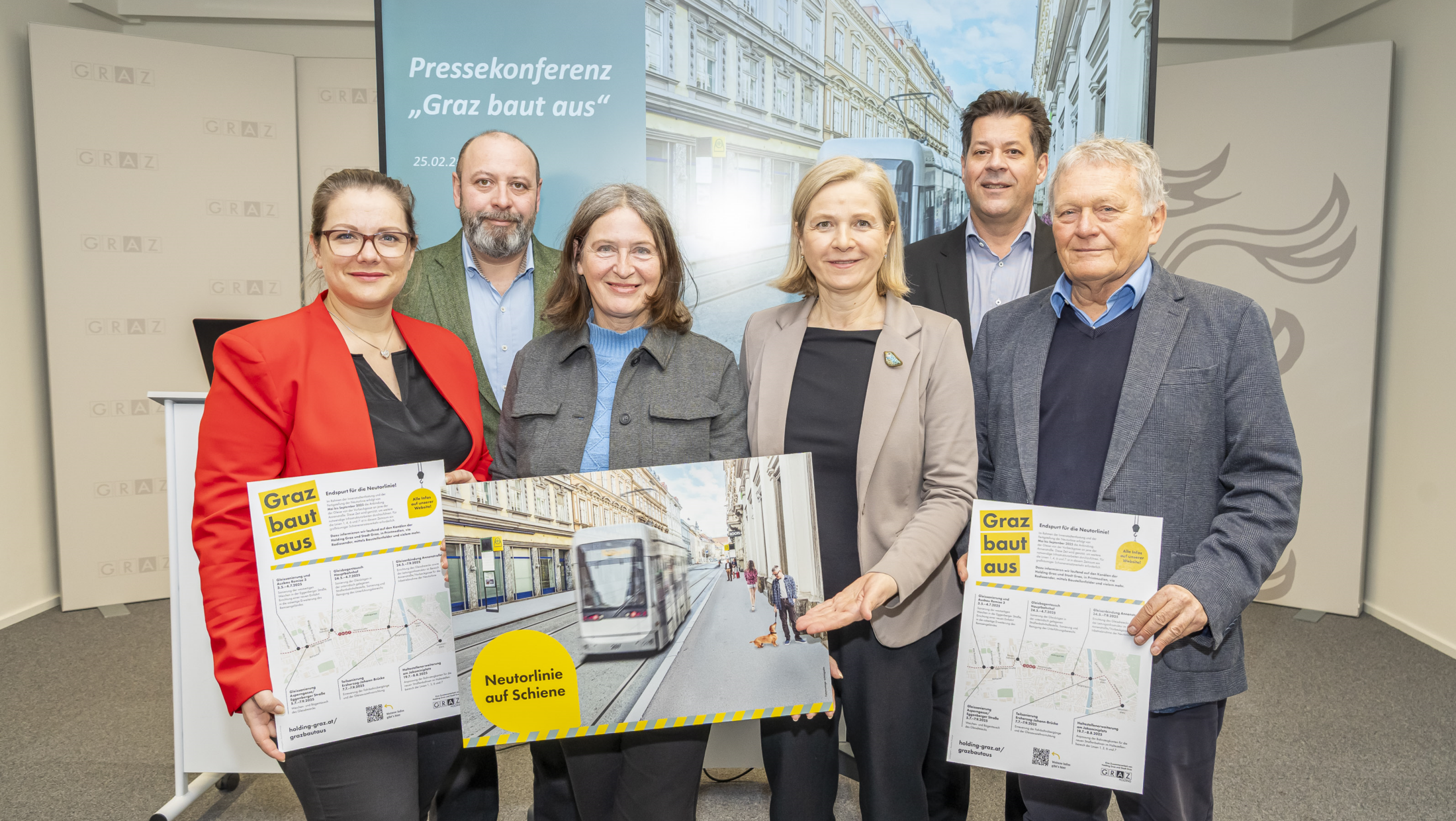Company
As a modern and efficient service company, we provide our services for the people and companies in Graz and the surrounding area. As the second largest municipal company in Austria, we are thus shaping our future together!
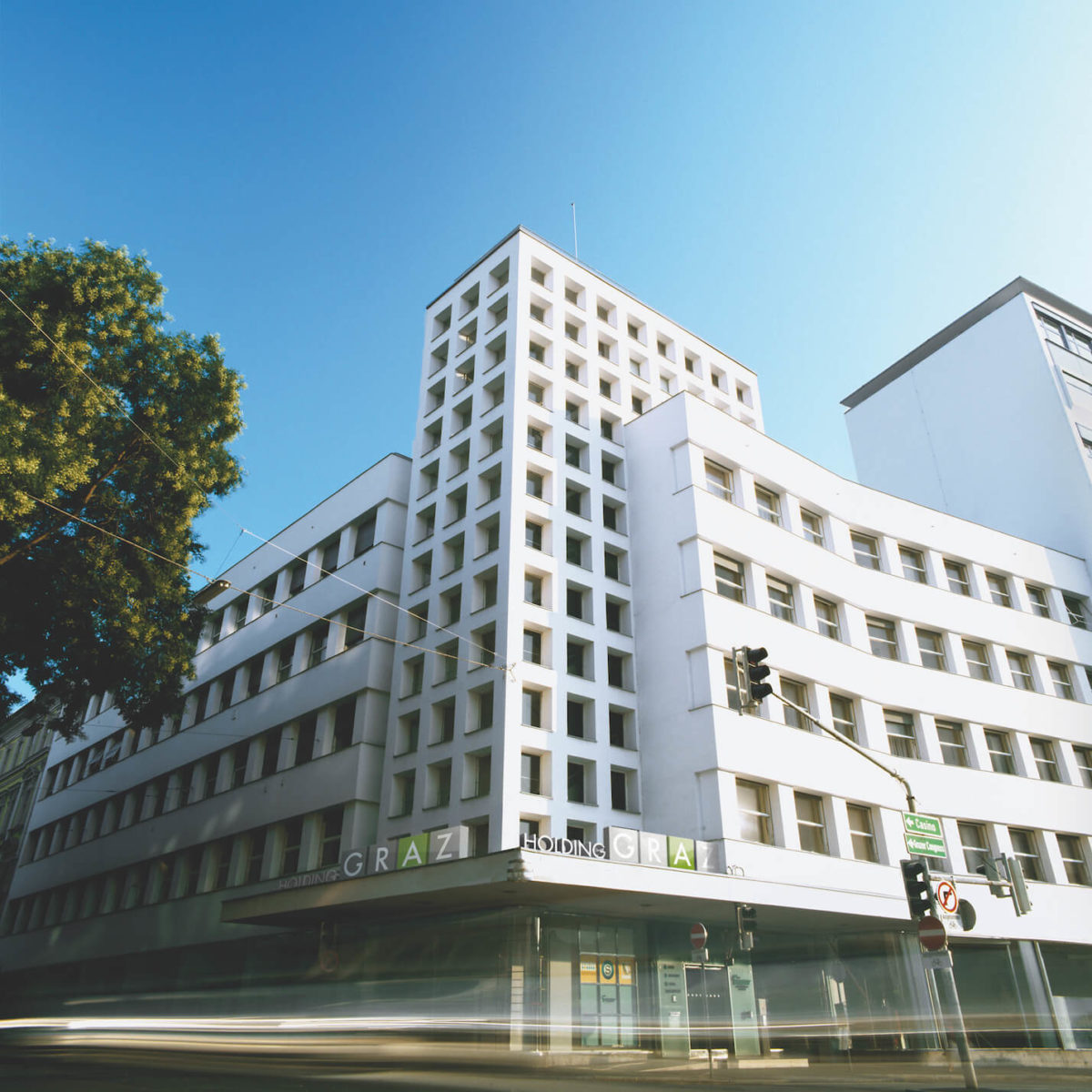
About us
- Our focus is on the requirements of our customers. They are always at the heart of whatever we do. With them, we work in a solution and results-oriented way.
- We keep Graz running, day in, day out: our competencies incorporate public transport, water and waste management, cleanliness, energy supply, leisure facilities and much more.
- The city of Graz holds 99.84 per cent of the shares in Holding Graz; Gebäude und Baumanagement Graz GmbH (GBG) holds the remaining 0.16 per cent.
The history of Graz Holding
Establishment
Establishment of Grazer Stadtwerke AG with the divisions "Transport operations", "Electricity", "Gas", "District heating" and "Water". For the first time, urban gas is produced using an oil splitting plant.
Horizontal filter well
The first modern horizontal filter well is available at Feldkirchen waterworks.
District heat supply
The district heat supply commences operations in Graz. Graz district heating power plant in Puchstraße provides the first customers with district heat.
Electricity hub
Graz-West substation is put into operation and forms the most important hub of the Graz electricity supply. The ripple control system facilitates the central switching of the public lighting, the hot water boilers and the electric heating.
Water from the Hochschwab
To safeguard the drinking water supply in the Graz region, the Water Association Hochschwab South is established.
Water is turned on
Graz and the ten municipalities surrounding the city join forces to form the "Water Federation Graz Region".
Graz gets going!
There is the changeover from the supply of municipal gas to direct supply with natural gas.
District heating becomes more attractive
The District Heating Promotion Act is introduced. Among others, it makes provision for favourable tax treatment of the conversion to district heating supply.
Growth
The divisions "Bestattung“, "Sport and leisure facilities and food service companies" are integrated into the public limited company. Grazer Stadtwerke AG takes over the company "Ankünder Steiermärkische Ankündigungsgesellschaft m.b.H.".
Funding of district heating
Due to the winter smog situation in Graz, a district heating funding package is created, with participation from the province of Styria, the city of Graz and Grazer Stadtwerke AG.
Modern electricity
Keplerbrücke substation as the most modern of its type in Austria commences operations and receives the state prize for good industrial construction.
Taxi offensive
The Graz Anruf-Sammel-Taxi (collective taxi service) carries out its first trips in the areas of Lustbühel/Ruckerlberg and Andritz.
Expansion of leisure
Grazer Stadtwerke AG founds "Freizeitbetriebe der Grazer Stadtwerke GmbH" and operates the Eggenberg leisure centre. For the first time, drinking water is fed from the Hochschwab into the Graz network.
Expansion of Castle Mountain railway
Graz Castle Mountain Railway celebrates its 100-year anniversary. In the same year, the stations are redesigned and expanded so that they are wheelchair-friendly.
Incorporations
The "Sport, leisure facilities and food service“ division is incorporated into "Freizeitbetriebe der Grazer Stadtwerke GmbH“. "Bestattung", "Citykom“ and "Grazer Energieagentur GmbH“ are also incorporated.
High-level tank
After a construction period of 3 years, the new high-level tank in Rosenberg is handed over for its designated purpose. The storage quota thus increases from 45 to 70 per cent of the average daily water requirement.
Focus on electricity
The electric tram in Graz celebrates its 100-year anniversary. Electricity distribution network is brought up to a state-of-the-art standard. Sales partnership for electricity is established with STEWEAG; electricity is sold under brand “select".
New workshop, new swimming pool
After a two-year construction period, the new GVB bus workshop with a modern wash facility is opened in Kärntnerstraße. "Bad zur Sonne" swimming pool is incorporated into swimming pool operations of Grazer Freizeitbetriebe.
Establishments in water and energy
The water service company “Styrian Aqua Service GmbH” is established as a fully owned subsidiary. Grazer Stadtwerke Energie Holding is established in anticipation of the impending spin-off of the energy divisions to Energie Graz GmbH.
Establishment of Energie Graz
The spin-off of the divisions Electricity, Natural Gas and District Heating to Energie Graz GmbH takes place on 1 August. With the spin-off, the owner structure is changed so that the city of Graz now holds 99.46% and GBG 0.54% of the shares.
Movement at Linien and spa
First "Nightline" commences service, cabrio bus makes its first journey and there are first info pillars for passengers. On the Schöckl plateau, the toboggan run ("Witches' Express") is opened. In the "Bad zur Sonne", the "Spa zur Sonne“ is opened.
Airport acquisition
Grazer Stadtwerke AG acquires a 100% stake in the airport, the 3rd generation of the Castle Mountain railway is put into operation. The new Mobility Centre is available at the Jakominiplatz. Grazer Bestattung opens a modern branch at the urn cemetery
New structures
New structures in the organisation are implemented. The 5 core competencies of the Group are now Transport, Eco Service, Energy, Communication & Advertising as well as Municipal Services (with Leisure and Bestattung).
Expansion of airport and Ankünder
The new terminal is opened at Graz airport. The advertising company "Der Ankünder", which is already the market leader in Croatia and Slovenia, expands its foreign activities.
Line 5 starts, water new
The extended tram line 5 is put into operation, the renovation of the lead domestic connections is completed. The specifications from the Drinking Water Regulation are thus already implemented 6 years before the deadline stipulated by law.
New lines, new railways
The extended tram lines 4 and 6 are opened. The local transport hub "Don Bosco" is put into operation as an intersection to the new suburban railway. Forty-five new trams ("Variobahn") are ordered.
Competition and takeover
The new Castle Mountain restaurant is opened. A Europe-wide architecture competition starts for the new Eggenberg sport and wellness pool. 49% of AEVG Abfall-Entsorgungs- und Verwertungs GmbH is transferred. A 99% stake is now held.
Graz AG as a new name
In a meeting of municipal council on 8 Mai 2008, application for change in articles of association of Grazer Stadtwerke AG was decided. Since 21 May 2008, Grazer Stadtwerke AG has operated under the new name GRAZ AG Stadtwerke für kommunale Dienste.
Graz AG becomes Holding
On 29 June, the conversion of GRAZ AG to a limited company was decided at the general meeting. Since 30 October, the company has been operating under the new name "Holding Graz - Kommunale Dienstleistungen GmbH".
New pillars and tasks
Holding Graz builds on 3 pillars: "Management/Shareholdings", "Lines/Energy", "Services", supplemented by waste, waste management, road maintenance, street cleaning, winter road clearance, maintenance of green spaces, from city administration/AEVG.
Mission statement and families
For the first time, a mission statement is developed, company health promotion measures are introduced and a sustainability management is set up. The family friendliness of the company is checked based on a comprehensive catalogue of criteria.
Opening of shed in Steyrergasse
With the opening of the shed in Steyrergasse on 12 March a future-oriented investment is made in the expansion of the infrastructure and at the same time a modern office building with ideal work conditions created for the employees.
Award and partnership
Holding is awarded a prize as one of the most women- and family-friendly companies in Styria. Almost a third of the fleet is electrically powered. "Der Ankünder" enters into a mutual partnership with Gewista/JDecaux.
Security and cleanliness
The first video cameras in vehicles of Graz Linien are put into operation. The Urban Space division starts first standardised cleanliness analysis; here, Graz holds a good position in the middle ranks. Image campaign “City of my life” is launched.
New buildings and apprentices
Year is characterised by first steps for the new construction of the municipal workshops, the start for the “Sturzgasse master plan”, the finished local transport hub at the central station & an apprentice offensive with the city of Graz & the AMS.
E-mobility and online activity
A pilot project starts with e-buses; outdoor swimming pools become non-smoking zones, the “Graz annual ticket” is presented. The ticket shop goes online, the free-of-charge apps “qando Graz" and "sAPPerlott" (now "Look at Graz") are presented.
Change in pillars and "tim" start
Restructuring of the three pillars: New: “Management & shareholdings”, “Infrastructure & Energy” and “Mobility & Leisure”. The first “tim” location at Hasnerplatz is opened. Graz Linien test e-buses with rapid-charging super condensers.
Reservoir sewer and cleanliness
Start of construction for the “Central reservoir sewer”; with it, the “Mur biotope” project also starts. Four other "tim" locations are opened. The cleanliness offensive including the installation of an “„OmPUTZmann“ is also new.
Clean and environmentally friendly
The successful cleanliness offensive is continued. New “tim” locations are opened in Graz. Outside of Graz, “REGIOtim” starts. Graz Linien start with "move2zero", a project for the decarbonisation of the bus fleet.
Start of the public transport offensive
Starting signal is given for the public transport offensive (e.g. alleviation of the traffic situation in the city centre). The Augartenbucht is opened (“Mur biotope”), “Modern Urban Mobility MUM 2030+“ commences its work. Also new: "Graz waste app".
Focus on the city centre
COVID-19 presents a huge challenge for Holding. The "city management“ is integrated into the marketing department of Holding Graz. Promotions with the Graz Voucher are successful. The winning project is selected for the redesign of the Thalersee.
Public transport expansion
COVID-19 is again a huge challenge for the holding company. The extension of lines 4 & 6 is finalised, and new bus lines are added. A new sales record is achieved with the GrazGutschein, waste management relies heavily on the "Nudge" concept.
Get to know us
Service for businesses
We develop Graz further
Here we tell you what we are currently working on and all that we are doing to make Graz even more livable and lovable.
